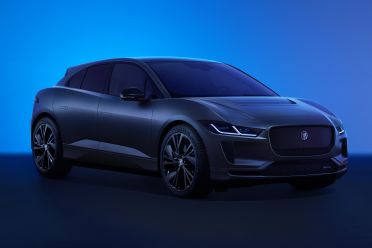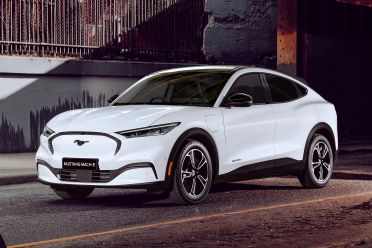The UK government has officially rolled back some of its climate change commitments, including its plan to only permit new plug-in hybrids and electric vehicles (EVs) to be sold from 2030.
Overnight British Prime Minister Rishi Sunak confirmed his government would delay a ban on the sale of new cars with petrol and diesel engines until 2035.
While this puts the UK in line with the European Union, it is less ambitious than the government’s 2020 policy. The original commitment, made when Boris Johnson was PM, called for a ban of new petrol and diesel cars without “significant zero-emission capability” by 2030, before an outright ban on internal combustion engine cars from 2035.
Prime Minister Sunak explained the change of tack as a “pragmatic and proportionate” correction as the government did not want to impose “unacceptable costs” on British families in order to lower greenhouse gas emissions.
Despite the petrol and diesel ban delay, the UK government is still aiming for the country to be carbon neutral by 2050.
Prior to the official about-face from the British government, Lisa Brankin, managing director for Ford UK and Ireland, stated: “The UK 2030 target is a vital catalyst to accelerate Ford into a cleaner future.
“Our business needs three things from the UK government: ambition, commitment and consistency. A relaxation of 2030 would undermine all three.”
Although Ford no longer produces cars in the UK, it still produces car components in the country. According to the company, due to the country’s ambitious 2030 target it has already invested £430 million ($820 million) in its development and manufacturing facilities in the UK, and was planning to plough extra capital in.
In a statement provided to Automotive News Europe, Kia said the move “alters complex supply chain negotiations and product planning, while potentially contributing to consumer and industry confusion”.
Volkswagen UK also criticised the move. In a statement, the company said: “We urgently need a clear and reliable regulatory framework that creates market certainty and consumer confidence, including binding targets for infrastructure rollout and incentives to ensure the direction of travel.”
Speaking to Autocar Jaguar Land Rover called the government’s decision to bring plans into lock step with the EU “pragmatic”, while Toyota welcomed the extra time for the industry and consumers to adapt and that it “recognises that all low emission and affordable technologies can have a role to play in a pragmatic vehicle transition”.
Ahead of Prime Minister Sunak’s press conference, Mike Hawes, head of the Society of Motor Manufacturers and Traders (SMMT), the association representing the UK’s automotive industry, argued net zero was impossible without the “decarbonisation of road transport” and the government needed to present “a clear, consistent message”.
After the PM spoke, Mr Hawes followed up by saying: “Today’s announcement must be backed up with a package of attractive incentives and measures to accelerate charging infrastructure to give consumers the confidence to switch. Carrots move markets faster than sticks.”


